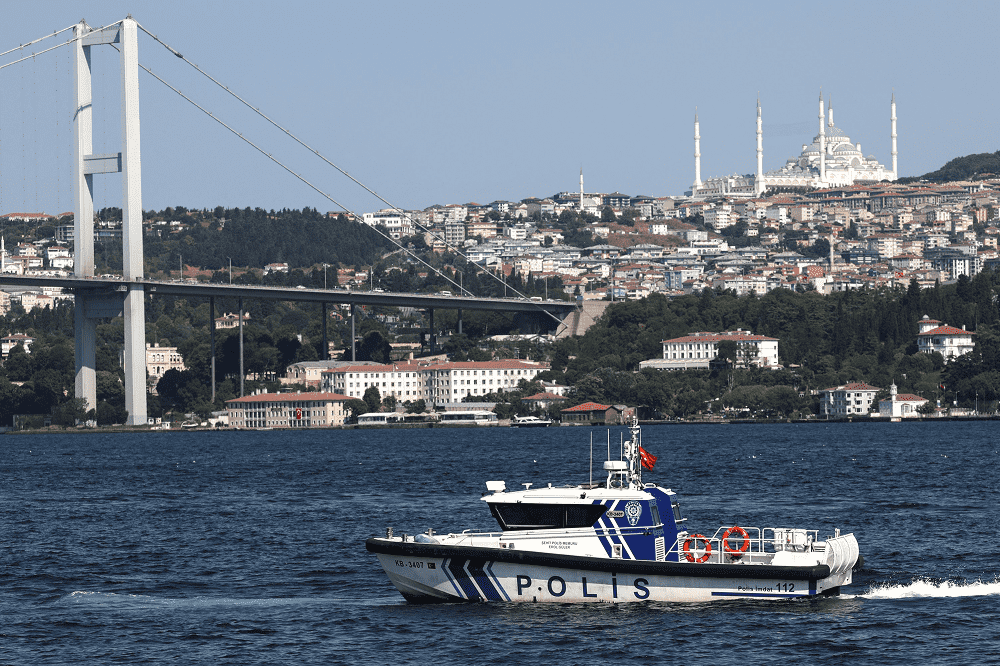Cargo Vessel Baltic Wind Runs Aground in Isefjord, No Pollution Reported
The cargo vessel Baltic Wind ran aground in Denmark’s Isefjord after leaving the navigation channel. No injuries or pollution were reported, and salvage planning is underway.

Reuters reports that Turkish port authorities have "informally" begun requiring shipping agents to submit written assurances confirming vessels have no connections to Israel and are not carrying military or hazardous cargo bound for the country, according to industry sources. The measures, though unwritten, are being applied across Turkish ports.
The shift aligns with Ankara's broader posture following Turkey’s suspension of approximately USD 7 billion in trade with Israel last year amid the ongoing conflict in Gaza.
According to two anonymous shipping industry sources, port masters across Turkey have informally issued verbal instructions requiring these declarations, despite the absence of any official circular. In practice, vessels arriving directly from or bound for Israeli ports are effectively barred. Turkish-flagged vessels are equally restricted from docking in Israel.
While no vessel has yet been officially turned away, the informal practice poses a compliance risk. Operators and ports may face delays if documentation does not clearly outline ownership, cargo type, or final destination. Shipping lines servicing Mediterranean routes now must increase scrutiny over charterers, ownership structures, and cargo declarations.
This development amplifies existing geopolitical risks—including ongoing disruptions like Houthi-led attacks in the Red Sea, which have already diverted traffic around the Cape of Good Hope, increasing voyage lengths and costs.
Maritime insurers are likely monitoring this closely. The lack of formal guidance, combined with politically sensitive enforcement, may expose vessels to coverage issues if declarations are inaccurate or ownership links are later disputed.